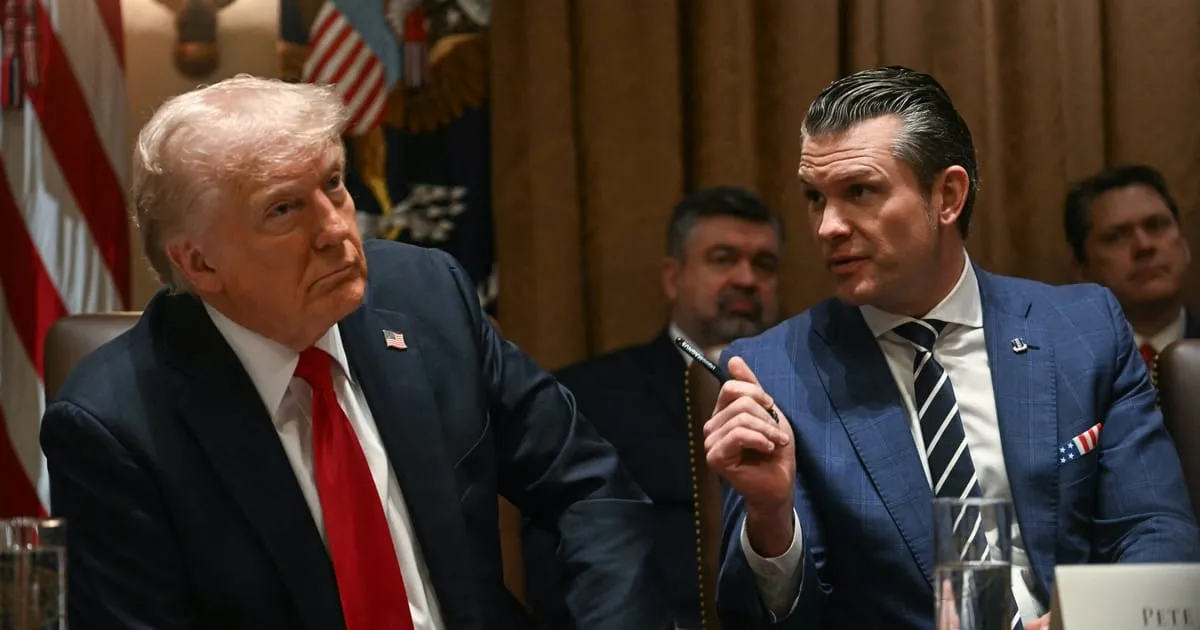
In a decisive show of unity, key European nations have come forward to support Ukrainian President Volodymyr Zelenskyy following recent attacks from former U.S. President Donald Trump. France, Germany, and Poland have all made prompt declarations of support, emphasizing the need for a strong leadership in the face of rising tensions with Russia. The concern over Trump's potential alignment with Vladimir Putin has sparked a significant response from European leaders.
Former French President François Hollande has notably remarked that Trump is "no longer an ally," signaling a shift in the political landscape that could have profound implications for international relations. While Hollande acknowledged the efforts of current French President Emmanuel Macron to engage with Trump, he expressed skepticism regarding the effectiveness of such diplomatic overtures. The fear that Trump's resurgence could undermine Western unity against Russia has prompted a reevaluation of alliances within Europe.
In related news, tensions have escalated between France and Algeria over immigration policies. The French government is considering limiting the number of visas granted to Algerian citizens, a move that has drawn sharp criticism from Algerian officials. They have accused the French administration of following "orders from the far right," indicating that domestic political pressures are influencing foreign policy decisions.
This immigration row, coupled with Europe's response to Trump's comments, highlights the fragile nature of international relations in the current climate. As Europe grapples with its collective stance towards both Russia and North Africa, the need for a cohesive and strategic approach has never been more critical. The message from European leaders is clear: the free world needs a new and steadfast leader to navigate these turbulent waters.
As the situation develops, the responses from European leaders will play a crucial role in shaping the future of international alliances and the ongoing support for Ukraine in its conflict with Russia. The implications of these diplomatic maneuvers will be felt far beyond the borders of Europe, affecting global political dynamics.